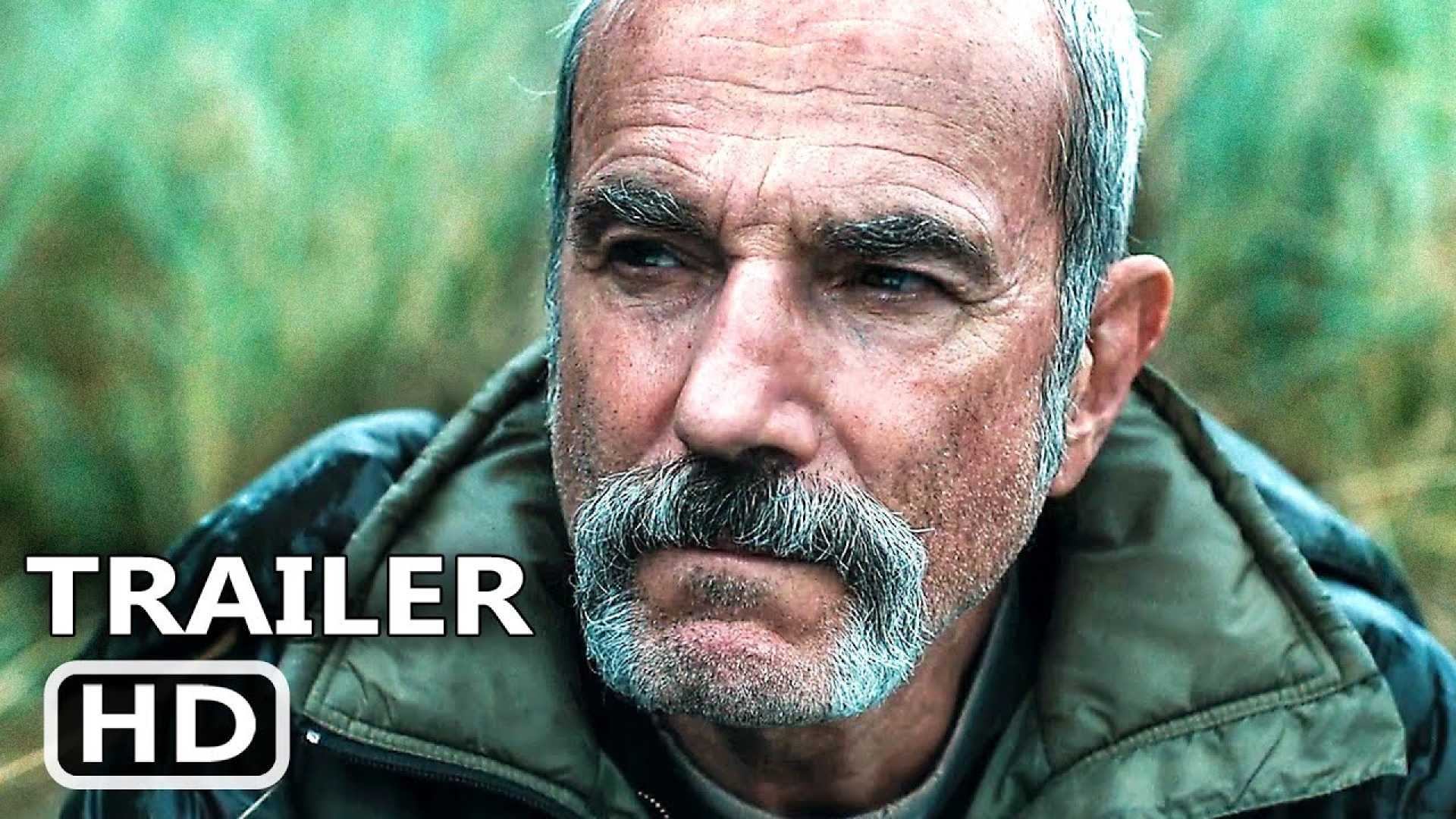Entertainment
Daniel Day-Lewis Shines in Ronan Day-Lewis’s Directorial Debut, ‘Anemone’

NEW YORK, NY — Eight years have passed since Daniel Day-Lewis last appeared on screen, and now he returns in “Anemone,” a film directed by his son, Ronan Day-Lewis. The movie premieres at the New York Film Festival before its general release on October 3.
“Anemone” explores the complicated dynamics of familial relationships. Daniel Day-Lewis portrays Ray Stoker, a hermit living in the woods of Northern England. His brother Jem, played by Sean Bean, seeks him out amid family troubles surrounding Jem’s son Brian. The film’s narrative centers on unresolved trauma and the emotional distance between the characters.
The film opens quietly, with minimal dialogue as Jem embarks on a journey to reconnect with Ray. Their reunion is marked by silence, setting a tone of introspection. Ray, who has lived as a recluse, reacts to Jem’s visit with a mix of resentment and detachment. As Jem brings a letter from his estranged partner, Nessa, the tension thickens.
Visually, “Anemone” is striking. Cinematographer Ben Fordesman captures the allure of the woodland setting, adding depth to the characters’ emotional struggles. Notable sequences include haunting scenes underscored by a gripping score from Bobby Krlic, enhancing the film’s dark atmosphere.
However, the film’s pacing and dense narratives may alienate viewers. While it attempts to delve into themes of trauma and existential reflection, many critics have pointed out its shortcomings in storytelling. The script, co-written by both Day-Lewis men, lacks a cohesive drive, causing scenes to feel meandering.
As the film unfolds, Day-Lewis delivers powerful monologues that spotlight Ray’s complicated past. His performances bring bouts of intensity, especially when addressing themes of war and generational violence, reminiscent of his previous roles exploring similar themes.
Though the performances stand strong, they struggle against a script that oscillates between compelling and tedious. Critics note that the film feels overly extended, stretching its narrative too thin over its runtime, and it often sidesteps character development for the sake of atmosphere.
Ultimately, while “Anemone” showcases remarkable technical filmmaking and impressive acting, it struggles to find its narrative footing. As a first feature, it’s a testament to Ronan Day-Lewis’s vision but also a reminder of the challenges in balancing personal relationships with broader storytelling.
“Anemone” will be available in theaters starting October 3, continuing the exploration of themes that resonate deeply for many viewers.












